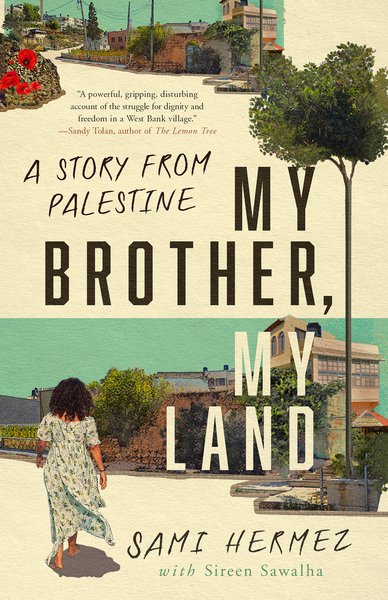
Colonizing Palestine: The Zionist Left and the Making of the Palestinian Nakba
DATE
6:00PM
27 March 2024
LOCATION
Scheps Library, Room 457,
Department of Anthropology
Schermerhorn Extension
Join the Center for Palestine Studies and the Department of Anthropology for a conversation with AREEJ SABBAGH-KHOURY about her recent book, Colonizing Palestine: The Zionist Left and the Making of the Palestinian Nakba (Stanford University Press, 2023). NAOR BEN-YEHOYADA will chair the event.
Among the most progressive of Zionist settlement movements, Hashomer Hatzair proclaimed a brotherly stance on Zionist-Palestinian relations. Until the tumultuous end of the British Mandate, movement settlers voiced support for a binational Jewish-Arab state and officially opposed mass displacement of Palestinians. But, Hashomer Hatzair colonies were also active participants in the process that ultimately transformed large portions of Palestine into sovereign Jewish territory. Areej Sabbagh-Khoury investigates this ostensible dissonance, tracing how three colonies gained control of land and their engagement with Palestinian inhabitants on the edges of the Jezreel Valley/Marj Ibn 'Amer.
Based on extensive empirical research in local colony and national archives, Colonizing Palestine offers a microhistory of frontier interactions between Zionist settlers and indigenous Palestinians within the British imperial field. Even as left-wing kibbutzim of Hashomer Hatzair helped lay the groundwork for settler colonial Jewish sovereignty, its settlers did not conceal the prior existence of the Palestinian villages and their displacement, which became the subject of enduring debate in the kibbutzim. Juxtaposing history and memory, examining events in their actual time and as they were later remembered, Sabbagh-Khoury demonstrates that the dispossession and replacement of the Palestinians in 1948 was not a singular catastrophe, but rather a protracted process instituted over decades. Colonizing Palestine traces social and political mechanisms by which forms of hierarchy, violence, and supremacy that endure into the present were gradually created. Read more
AREEJ SABBAGH-KHOURY is Senior Lecturer in the Department of Sociology and Anthropology at the Hebrew University of Jerusalem. Her research interests include political and historical sociology as it applies to colonialism, indigenous studies, and memory. She is the author of the just published Colonizing Palestine: The Zionist Left and the Making of the Palestinian Nakba (Stanford University Press, 2023), the first empirical study that carefully traces the process of the dispossession and displacement of rural Palestinians by kibbutz settlers in Northern Palestine’s Jezreel Valley before, during, and after 1948. Based on research in eight archives, Colonizing Palestine also examines the representation of colonial violence in the “socialist” discourse of kibbutzim. She has published widely on settler colonialism, political sociology, and the Palestinian citizens in Israel in Sociological Theory, Politics and Society, Theory and Society, Current Sociology, and The International Journal of Urban and Regional Research. She is the recipient of research grants and fellowships from the H.F. Guggenheim Foundation, Palestinian American Research Center, Fulbright, and the Council for Higher Education. Sabbagh-Khoury is a member of the General Assembly and Academic Research Committee of Mada al-Carmel—Arab Center for Applied Social Research, she is also a member of Academic for Equality and in May 2021 she co-founded the organization helpline. She received her doctorate in sociology from Tel Aviv University and subsequently held postdoctoral appointments at Columbia University, New York University, Brown University, and Tufts University.
NAOR BEN-YEHOYADA is Assistant Professor in the Department of Anthropology at Columbia University. His work examines unauthorized migration, criminal justice, the aftermath of development, and transnational political imaginaries in the central and eastern Mediterranean. His monograph, The Mediterranean Incarnate: Transnational Region Formation between Sicily and Tunisia since World War II (Chicago Press, 2017), offers a historical anthropology of the recent re-emergence of the Mediterranean. He is specifically interested in the processes through which transnational regions form and dissipate. He proposes to view such spaces as ever-changing constellations, and show how we can study them from the moving vessels that weave these constellations together and stage their social relations and dynamics in full view. He has also written shorter pieces about the different phases of the dynamics of maritime unauthorized migration and interdiction, as well as on the role that the Mediterranean’s seabed plays in Italian political retrospection.





